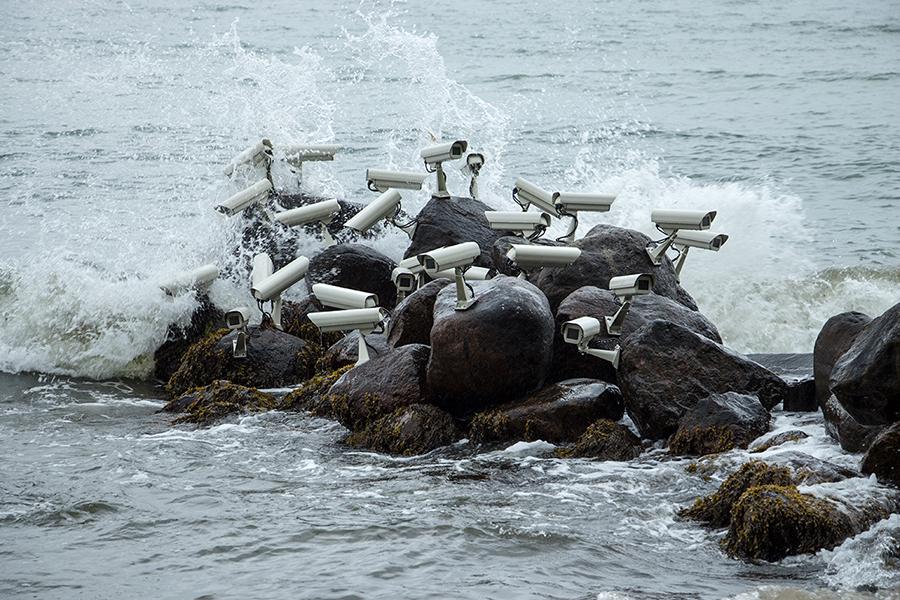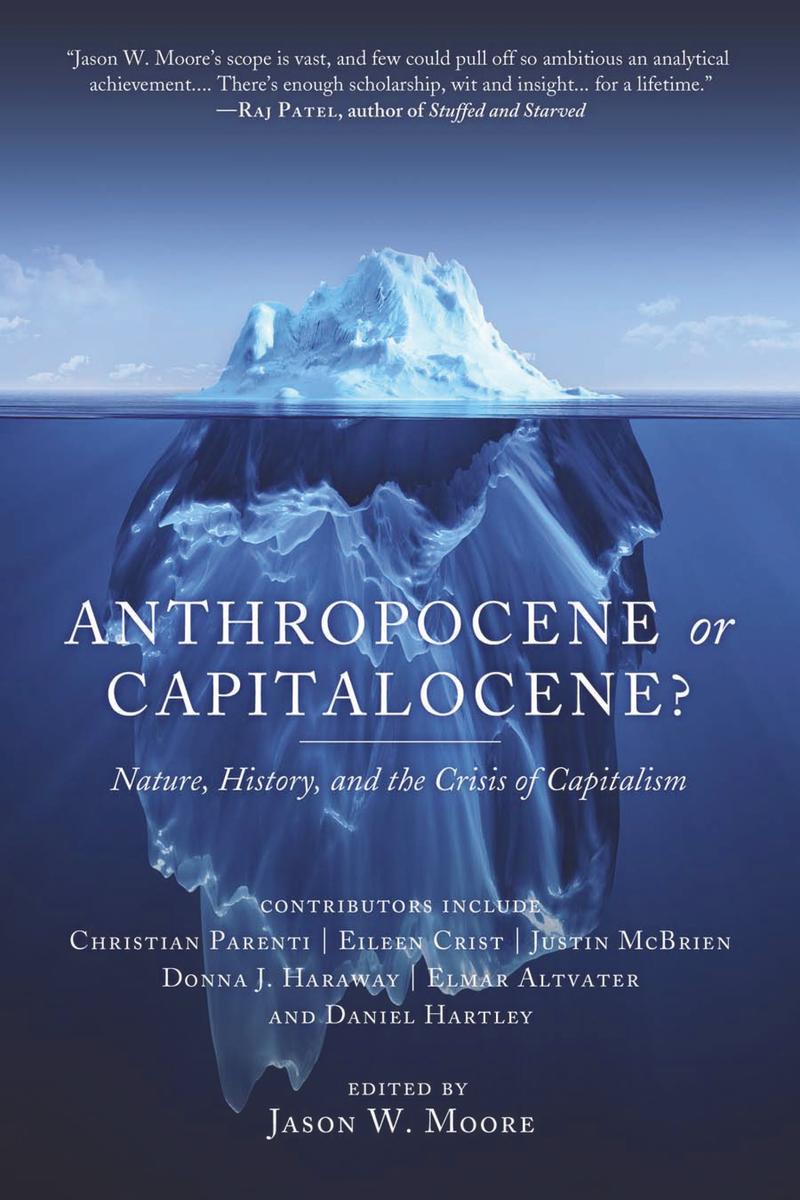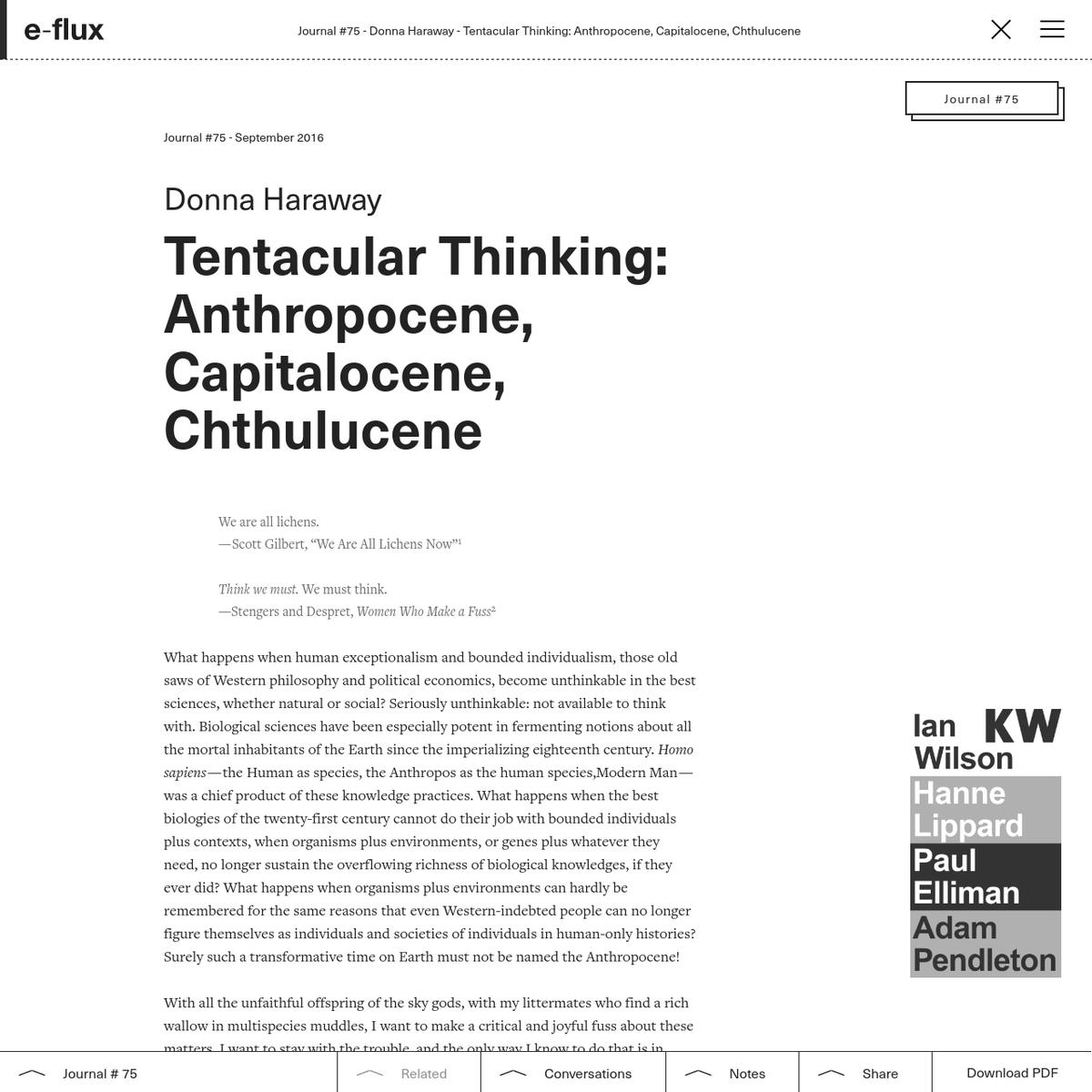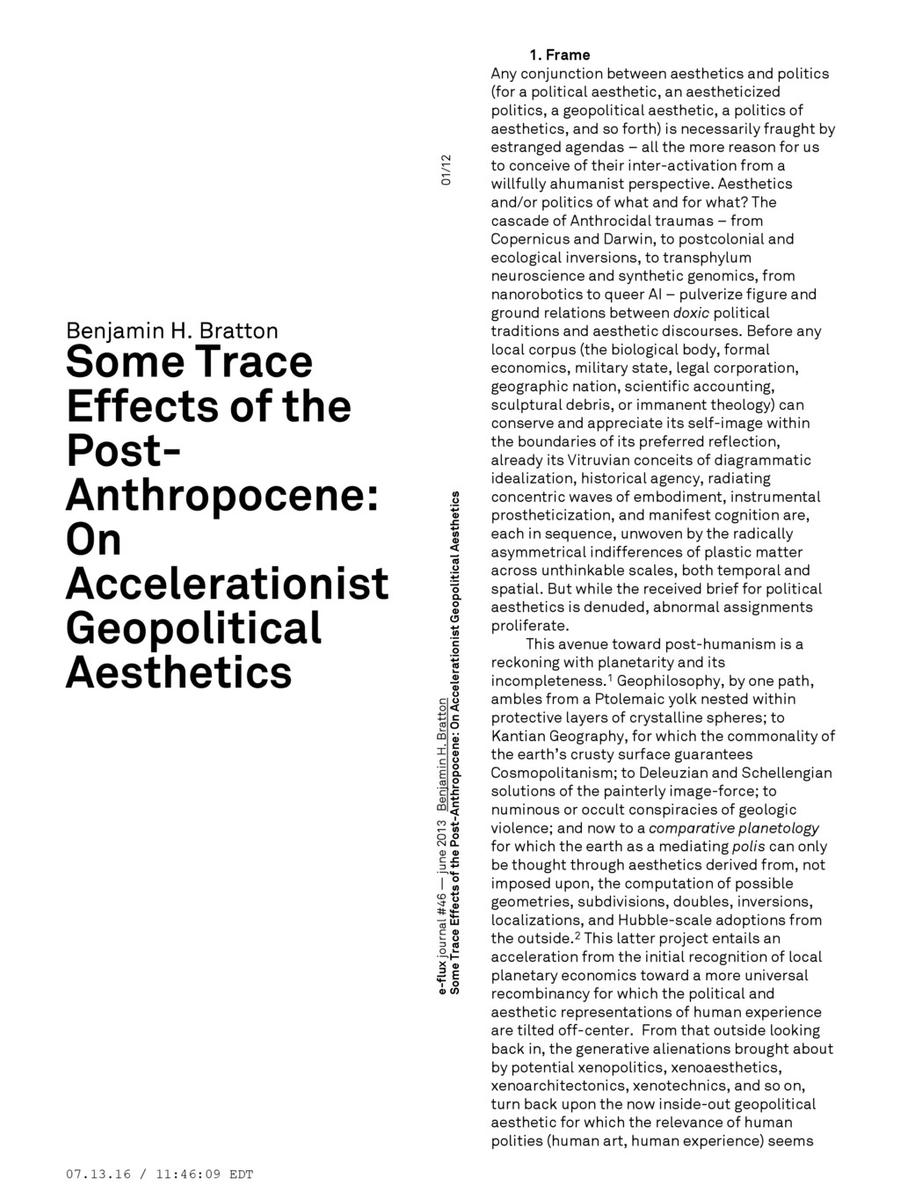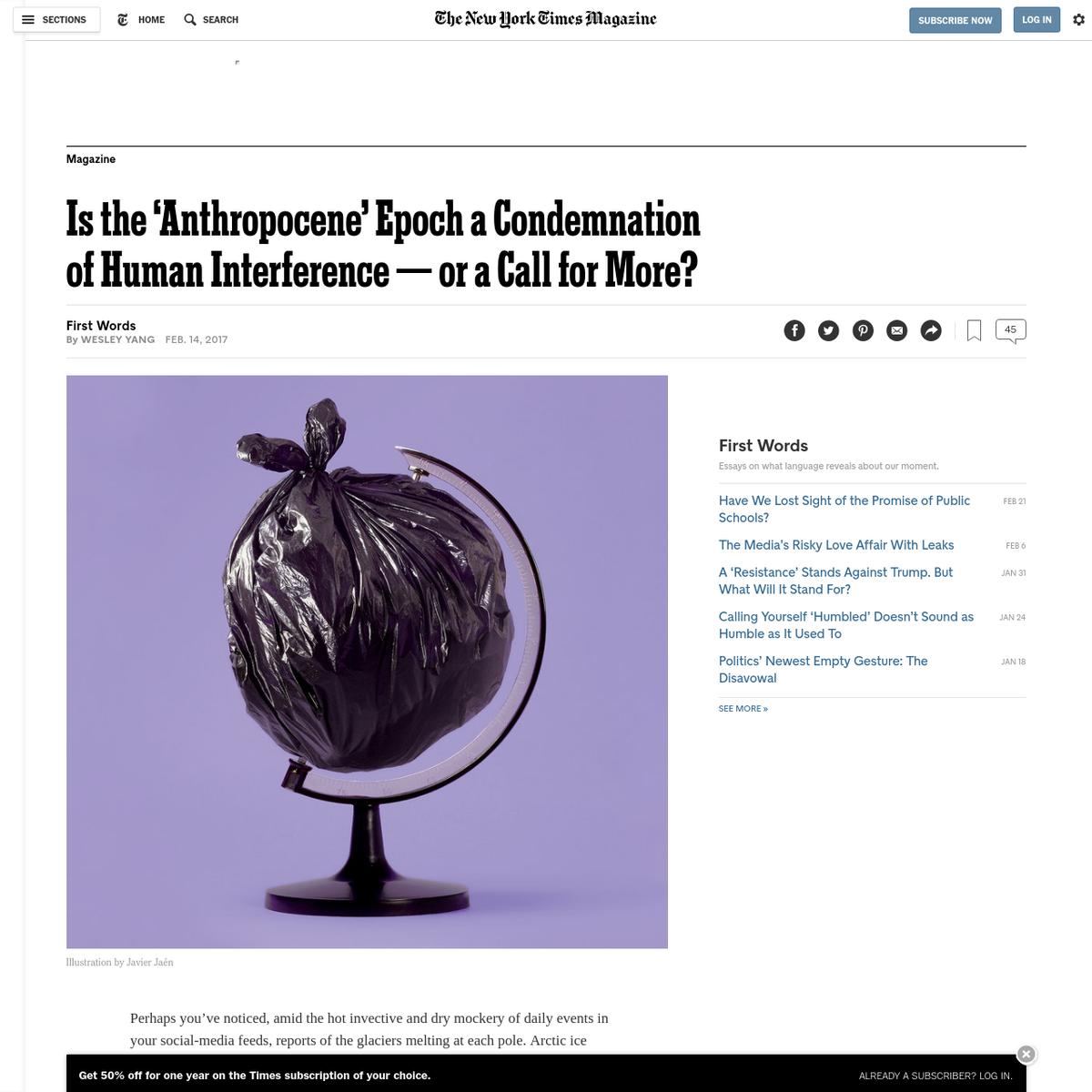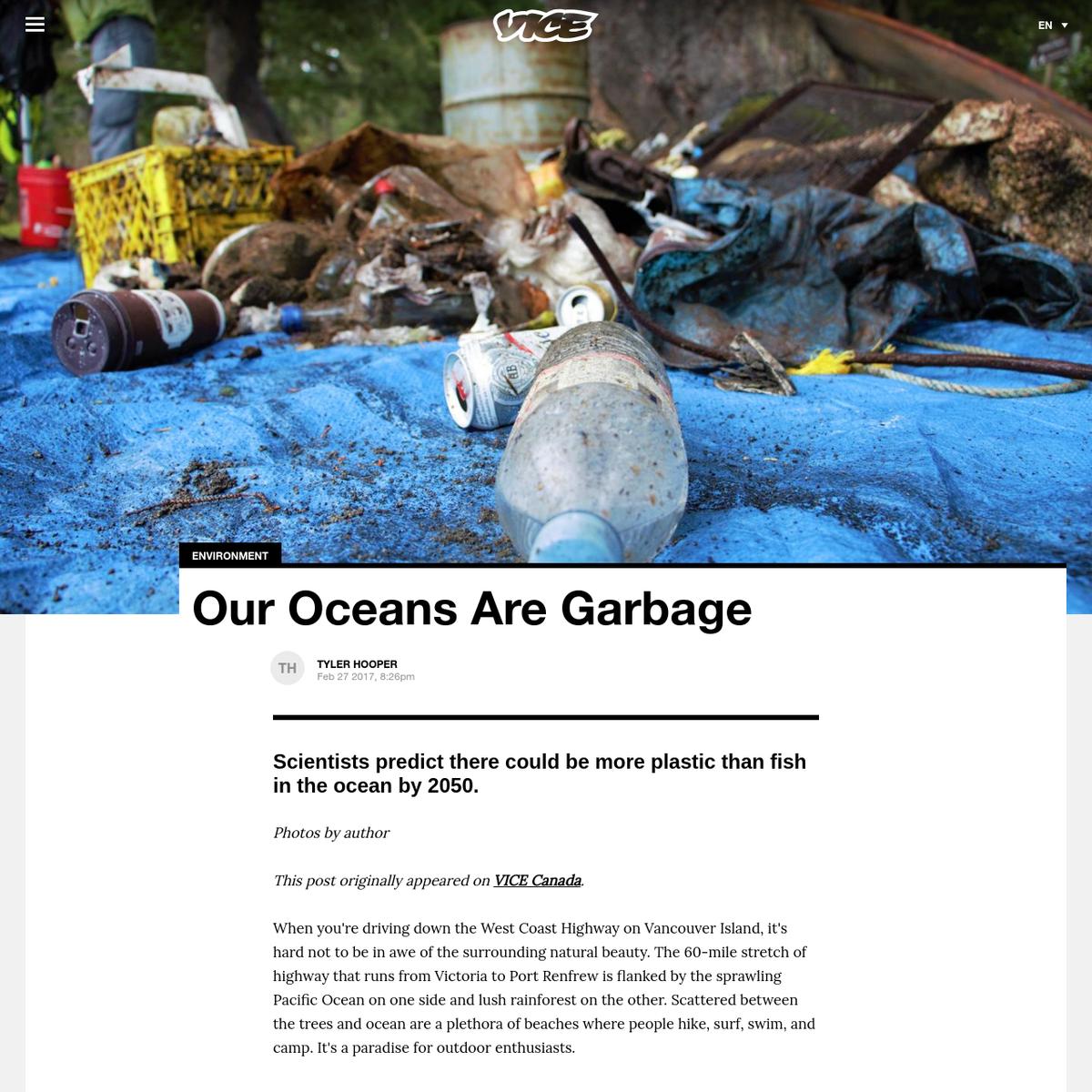syn·site
in dictionary terms: (noun): an entangled, non-singular locus of experience, exchange, environment, observation, objects, or relationships, crystallized in a networked space, actual or virtual, marked by simultaneity, plurality, and potentiality. (verb): the act of synchronizing or integrating multiple disparate locations or concepts into a unified, complex space. This process involves the recognition and active engagement with the overlapping, entangled realities of these sites, effectively creating a new, dynamic, and non-singular site. The usage of "site" as a verb in this context is an extension of its standard usage to refer to positioning or placing something, but here it refers to positioning or placing within a conceptual, multi-layered space.
in dictionary terms: (noun): an entangled, non-singular locus of experience, exchange, environment, observation, objects, or relationships, crystallized in a networked space, actual or virtual, marked by simultaneity, plurality, and potentiality. (verb): the act of synchronizing or integrating multiple disparate locations or concepts into a unified, complex space. This process involves the recognition and active engagement with the overlapping, entangled realities of these sites, effectively creating a new, dynamic, and non-singular site. The usage of "site" as a verb in this context is an extension of its standard usage to refer to positioning or placing something, but here it refers to positioning or placing within a conceptual, multi-layered space.
SYN (along with, at the same time | from Greek SYN, with | ~SYNTHETIC) + SITE (N: point of event, occupied space, internet address; V: to place in position | from Latin SITUS, location, idleness, forgetfulness | ~WEBSITE ¬cite ¬sight), cf. SITE/NON-SITE (from Robert Smithson, A PROVISIONAL THEORY OF NONSITES, 1968)



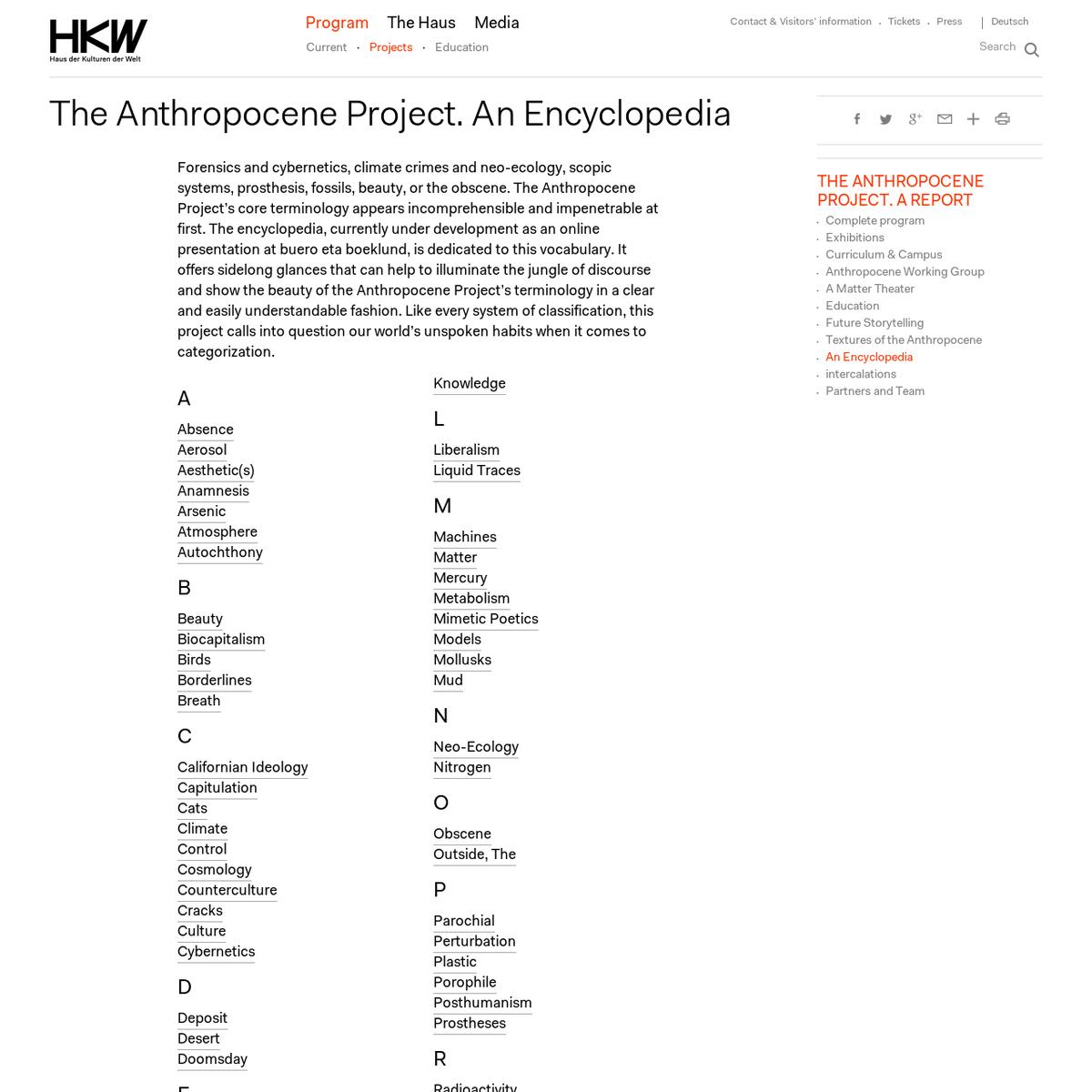








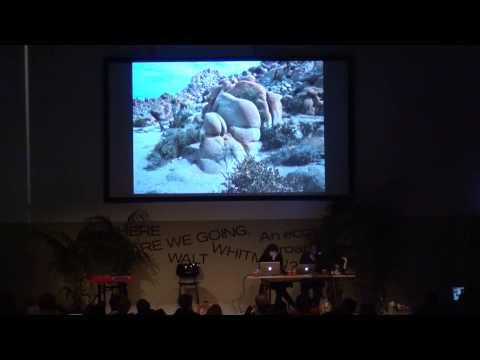


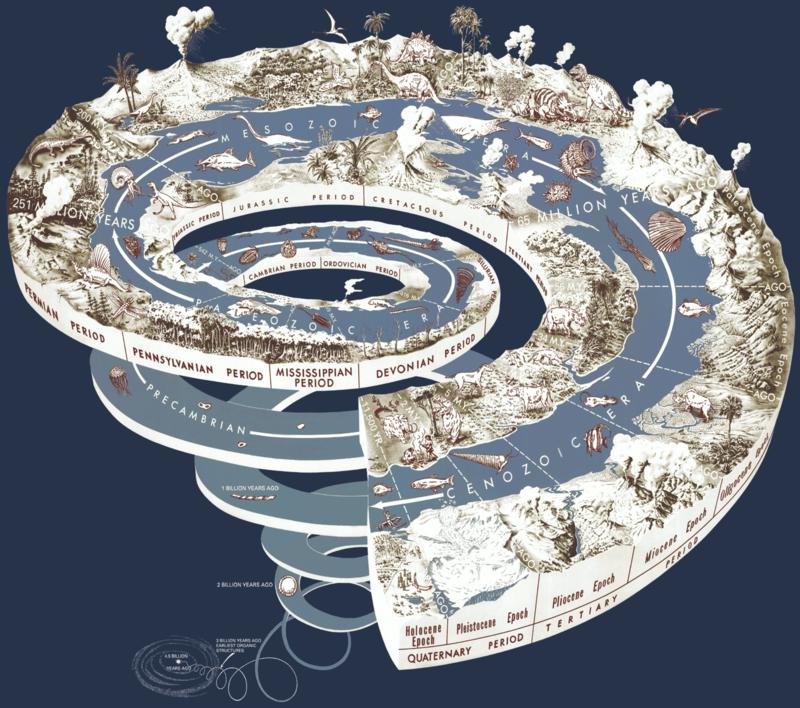





James Bridle on Wexler's warnings about indirect climate change (in the context of aspirational climate control):
"Before going into the details of several proposed weather modification programmers, Wexler gave a stark warning. He cited rising carbon dioxide emissions from industry, and the use of chlorine and bromine in rocket fuel as examples of indirect weather control. This tinkering might result in “rather large-scale effects on general circulation patterns in short or long periods, even approaching that of climatic change. Make no mistake,” he said, “We are in weather control now.”
James Bridle on Wexler's warnings about indirect climate change (in the context of aspirational climate control):
"Before going into the details of several proposed weather modification programmers, Wexler gave a stark warning. He cited rising carbon dioxide emissions from industry, and the use of chlorine and bromine in rocket fuel as examples of indirect weather control. This tinkering might result in “rather large-scale effects on general circulation patterns in short or long periods, even approaching that of climatic change. Make no mistake,” he said, “We are in weather control now.”
James Bridle on Wexler's warnings about indirect climate change (in the context of aspirational climate control):
"Before going into the details of several proposed weather modification programmers, Wexler gave a stark warning. He cited rising carbon dioxide emissions from industry, and the use of chlorine and bromine in rocket fuel as examples of indirect weather control. This tinkering might result in “rather large-scale effects on general circulation patterns in short or long periods, even approaching that of climatic change. Make no mistake,” he said, “We are in weather control now.”
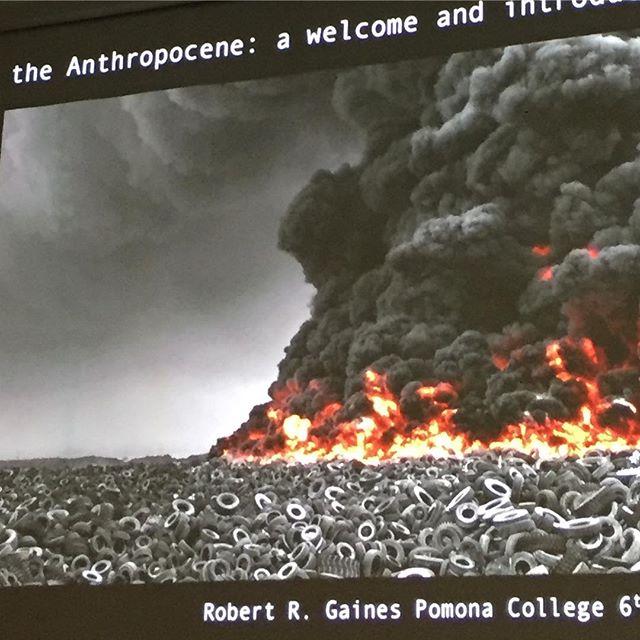


"Part of the Anthropocene’s appeal was the sound of the word itself: portentous, stately, vaguely Latinate, imbued with a dark majesty. Another part of its appeal was its capaciousness — large enough to swallow the whole planet and everything that lives on it."
— Wesley Yang, NYT Magazine (via https://www.nytimes.com/2017/02/14/magazine/is-the-anthropocene-era-a-condemnation-of-human-interference-or-a-call-for-more.html)
"Part of the Anthropocene’s appeal was the sound of the word itself: portentous, stately, vaguely Latinate, imbued with a dark majesty. Another part of its appeal was its capaciousness — large enough to swallow the whole planet and everything that lives on it."
— Wesley Yang, NYT Magazine (via https://www.nytimes.com/2017/02/14/magazine/is-the-anthropocene-era-a-condemnation-of-human-interference-or-a-call-for-more.html)
"Part of the Anthropocene’s appeal was the sound of the word itself: portentous, stately, vaguely Latinate, imbued with a dark majesty. Another part of its appeal was its capaciousness — large enough to swallow the whole planet and everything that lives on it."
— Wesley Yang, NYT Magazine (via https://www.nytimes.com/2017/02/14/magazine/is-the-anthropocene-era-a-condemnation-of-human-interference-or-a-call-for-more.html)
